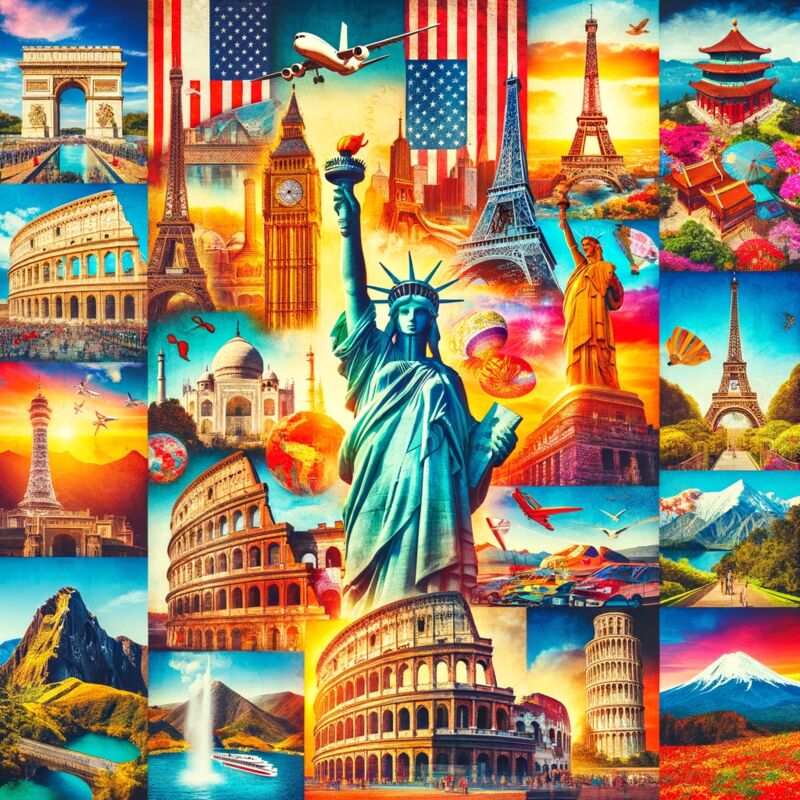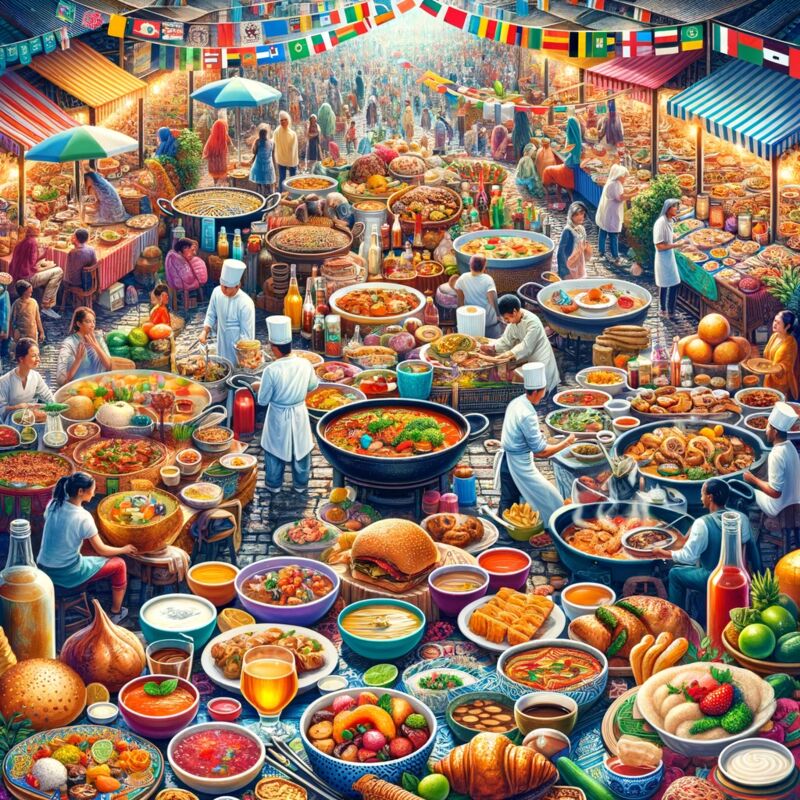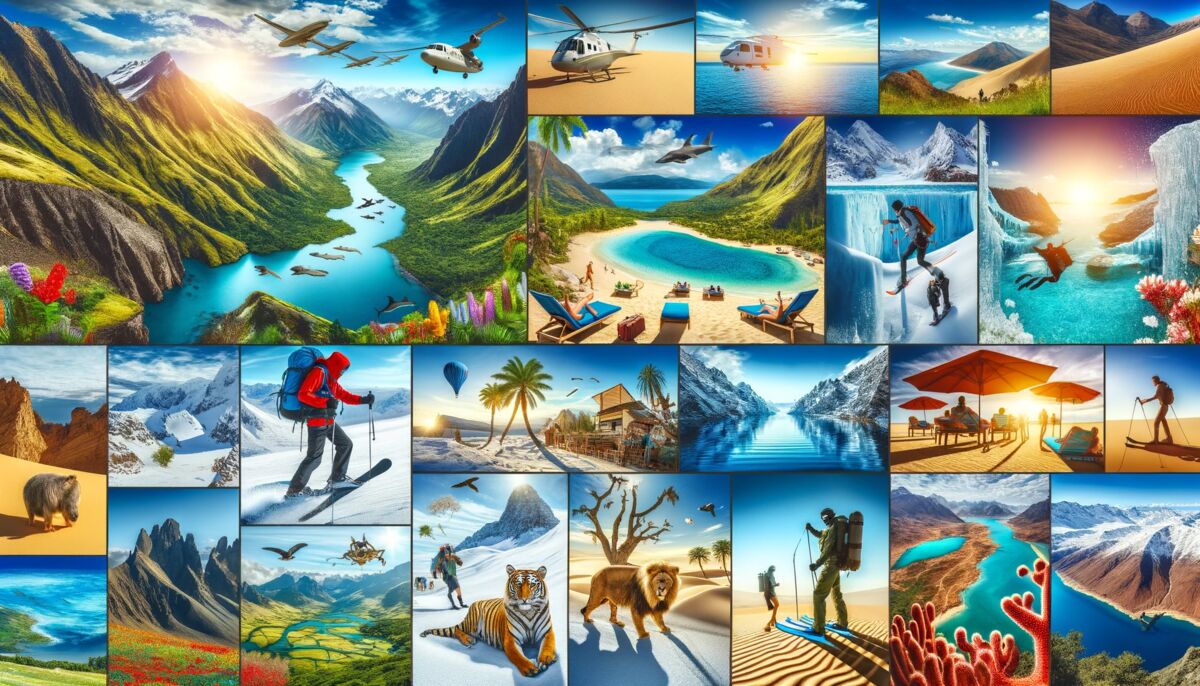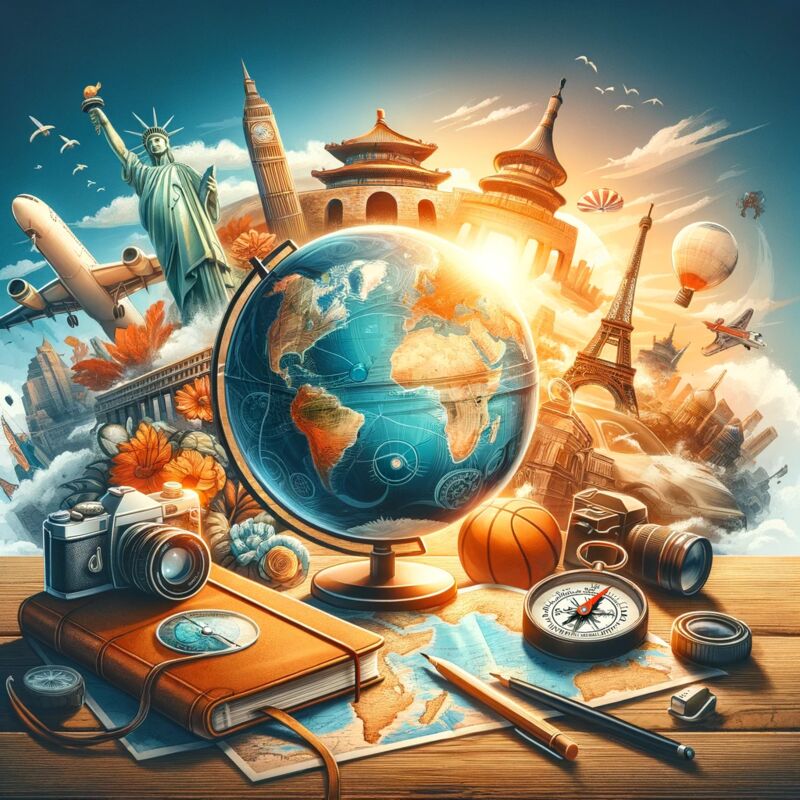Essential Travel Information for Visiting Cambodia
About Cambodia
Cambodia is a country rich in history, culture, and natural beauty, located in Southeast Asia. Known for its stunning temples, including the world-renowned Angkor Wat, vibrant cities like Phnom Penh and Siem Reap, and beautiful coastlines, Cambodia offers a compelling destination for travelers of all types. Its tragic history, marked by the Khmer Rouge regime, is also a significant part of what shapes visitors’ experiences and understanding of the resilient Cambodian spirit.
Visa Requirements
Before planning your trip, ensure you understand the visa requirements. Most tourists can obtain a visa on arrival or an e-visa prior to entry:
- Tourist visas are typically valid for 30 days.
- Check the official e-visa portal for the most current information and to apply in advance.
- Make sure your passport has at least 6 months of validity from the date of entry.
Best Time to Visit
The best time to visit Cambodia is typically during the dry season:
- Dry Season: November to April, with cooler temperatures from November to February.
- Wet Season: May to October, where the countryside is lush but some roads may be impassable due to heavy rains.
Local Currency and Payments
The Cambodian currency is the Riel (KHR), but US dollars are widely accepted. It's essential to carry small denominations for everyday purchases. Here’s how to manage your finances:
- ATMs are available in major cities and tourist areas, dispensing both currencies.
- Credit cards are accepted in hotels, restaurants, and larger stores, but it’s always good to have cash on hand, especially in rural areas.
- Always check your bills for tears or too much wear, as they may not be accepted.
Transportation
Getting around Cambodia can be an adventure in itself. Utilize the following modes of local transport:
- Tuk-tuks and motodops (motorcycle taxis) are common in urban areas. Agree on a fare before starting your journey.
- Buses and mini-buses connect major cities and towns.
- Domestic flights are an option for longer distances or to save time.
- Boat trips can provide scenic routes between destinations like Phnom Penh and Siem Reap.
Health and Safety
Travelers should ensure they have taken the necessary health precautions before visiting Cambodia:
- Vaccinations for Hepatitis A, Typhoid, and Tetanus are recommended.
- Malaria prophylaxis may be advised for certain rural areas.
- Drink bottled or purified water and exercise caution with street food to avoid traveler’s diarrhea.
- Healthcare facilities may be limited, especially outside of major cities, so comprehensive travel insurance is crucial.
Note: Always check with your country's travel advisories and health guidelines before traveling for the most updated information.
Language and Etiquette
While Khmer is the official language, English is commonly spoken in tourist areas. Learning a few basic Khmer phrases can greatly enhance your interactions:
- A simple "hello" (Suostei) and "thank you" (Arkun) can go a long way.
- Dress modestly, especially when visiting temples and religious sites.
- Remove your shoes when entering someone’s home.
- As is common in many Asian cultures, the head is considered sacred and the feet are the lowest part of the body; respect this cultural view.
Local Customs and Holidays
Being aware of local customs and holidays can help you plan better and show respect for local traditions:
- Cambodia’s largest festival is the Water Festival (Bon Om Touk) which occurs in November.
- During Khmer New Year in mid-April, many locals return to their home provinces, and some businesses may close.
- Respect local customs like removing your hat and shoes before entering temples and avoiding pointing your feet towards Buddha images or monks.
Tips for Sustainable and Responsible Tourism
Being a responsible traveler means respecting the environment and local communities:
- Opt for eco-friendly tours and accommodations that support conservation efforts.
- Respect wildlife and natural habitats by not contributing to animal exploitation or illegal trading.
- Support the local economy by purchasing crafts from local artisans and eating at local restaurants.
- Be mindful of your water and electricity usage as resources can be scarce.







